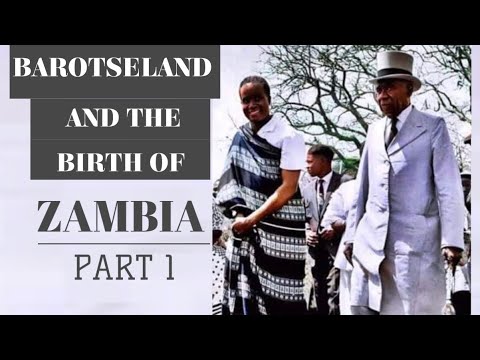
HOW NORTHERN RHODESIA AND BAROTSELAND became THE REPUBLIC OF ZAMBIA [Part 1 of 2]
HOW NORTHERN RHODESIA AND BAROTSELAND became THE REPUBLIC OF ZAMBIA [Part 1 of 2]
In part 1️⃣ we find out why and how the Europeans arrived and why they stayed .
We see how they interacted with the Barotse tad well as the other tribes .
We will discover the origin of the northern Rhodesia protectorate and so much more .
Discover another facet of the formation of the Republic of Zambia in this fascinating, informative…
source
Reviews
0 %



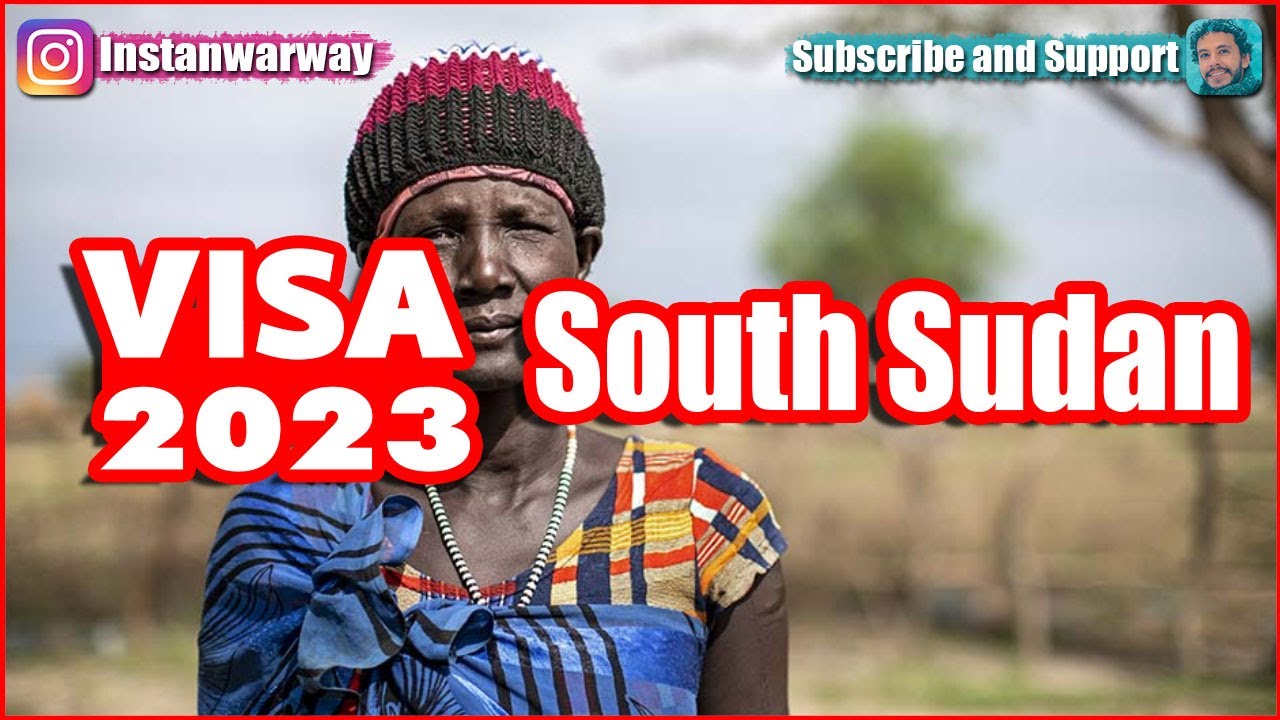
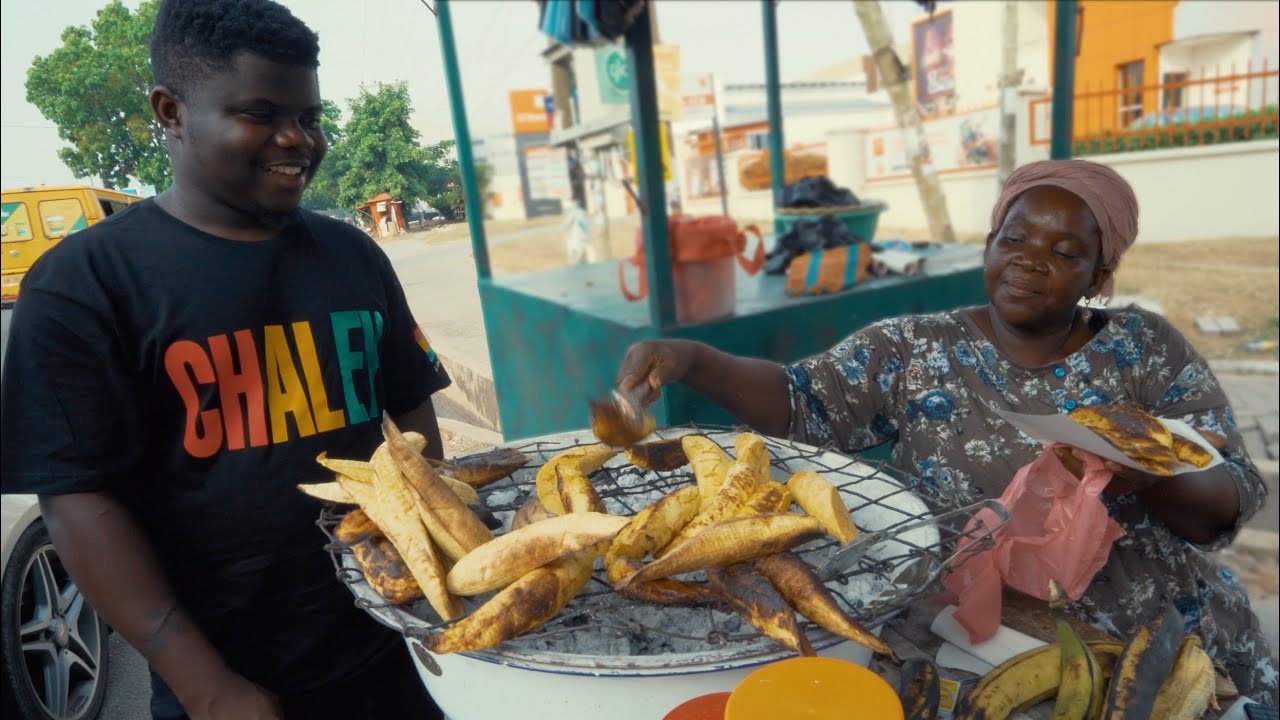
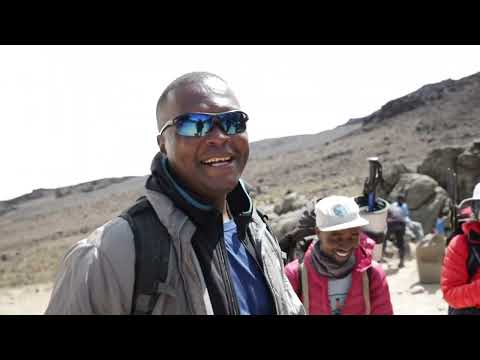

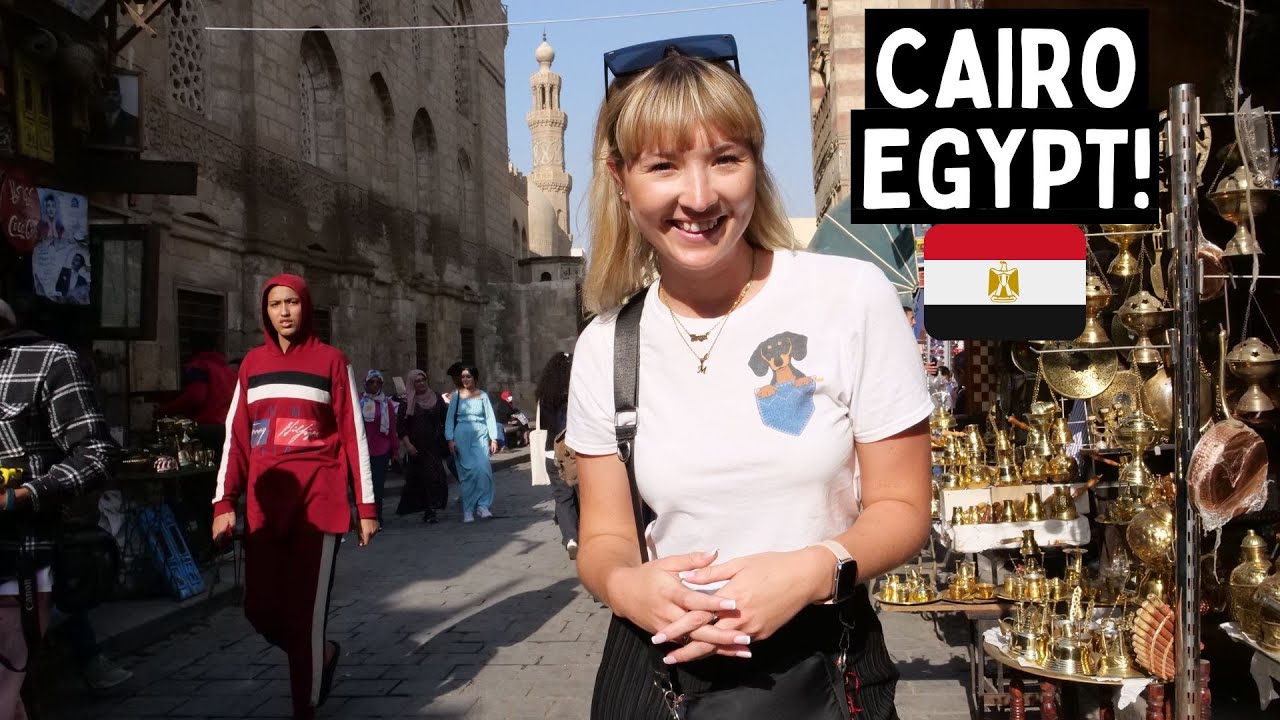

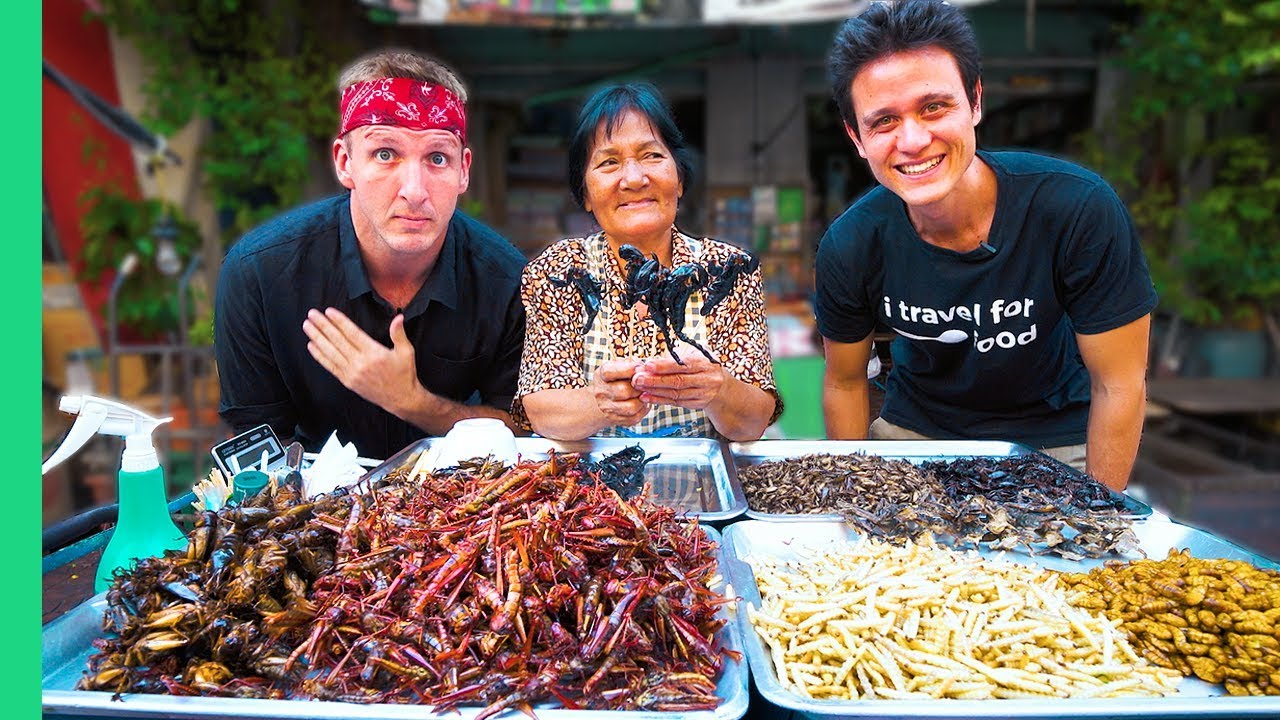
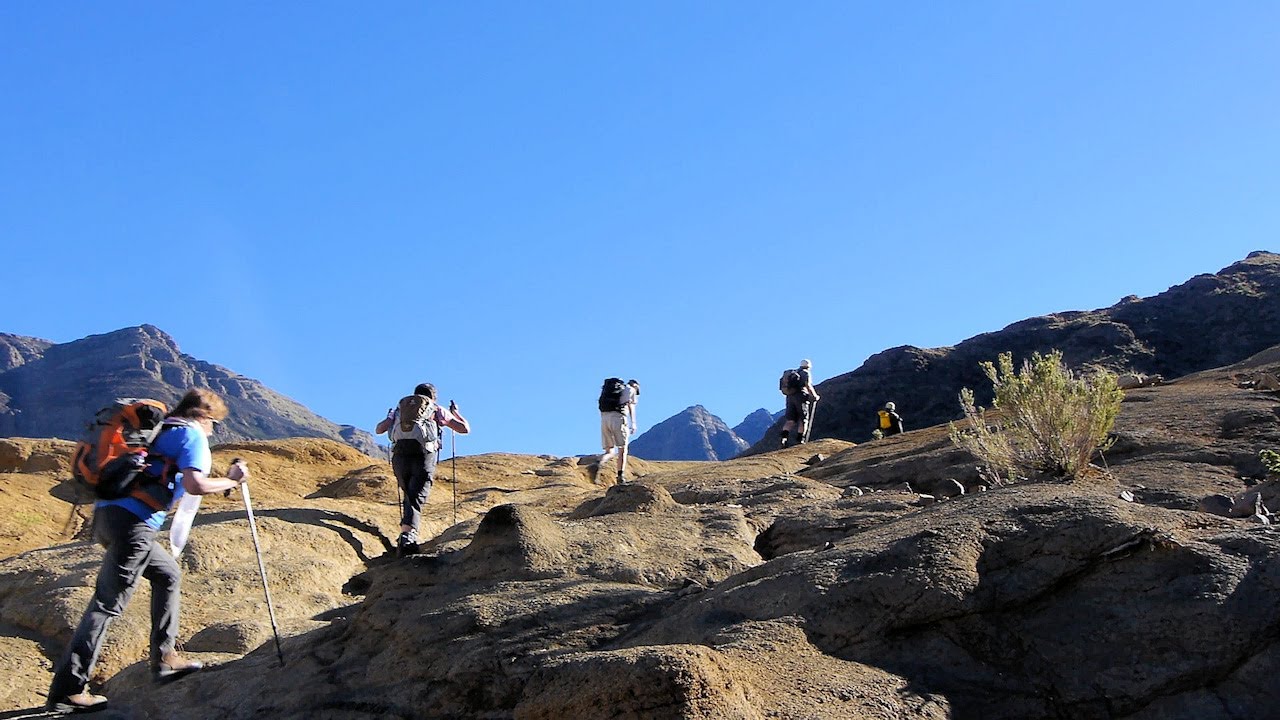
Ruled By Whites, Developed By Indians and Worked By Blacks, Keep It In Mind Not Zambia's But Blacks As a Collective… Shame😢
The soundtracks are too much..
I love the beat
Since I didn’t grow up in Zambia I never knew much of our history. I’m so grateful for this channel and this lesson. Appreciate it.
It was just a way through or a strategy to scramble Afrika. How can an intruder give you any territory of the land he doesn't even own? One Zambia, One Nation and One People..!!!!!
I never knew but since I have learned now I know .❤
Informative..Thanks for making this.
My
Large
Part
Of
My
Youth
Grew
Up
In
Zambia
Good
Memories
Love
The
People
I
Whish
South
Africans
Can
Follow
Rthier
Example
With
Outh
Going
Around
Robbing
And
Higacinfg
People
Africa
Will
Be
A better
Please
Politicians
Must
Spend
Money
Out
Of
Their
Own
Allergies
And
Look
After
The
Public
Proudly Zambian Our Land 🇿🇲🇿🇲🇿🇲
Very very good post. Thank you
May Zambia remain united and peaceful and prosperous
One Zambia one nation
Am Proud of you this is exactly that missed in my life
Your Video contextualizes most, if not, all of Zambia's problems.
> Right from The Ware Concenssions ( 1889), then the Lochnar Concessios to the coming in the BSAC, it just awakens you to that realization of how leaders have, since the pre-colonial era to date, are finger-twisted by external forces!
Is it the greed of our leaders, their love for power and status?
> It is a clear manifestation of how our governments are still even to date controlled externally
> It also shows you how colonialial political structures/Institutions are the prototype of political institutions of today.
> It tells you that really today's problems, the poverty, the income inequality and all these macroeconomic economic problems we are currently facing are actually not isolated problems!
> You also get a feeling that even these taxes levied on citizens today are all patterned after this hut tax by the BSAC. The king had his share there!
Who gets to benefit at the end?
Let's work together for Zambia madam Mwanza
That's my email
melicious2009@gmail.com
This part of history was cut off from the curriculum because Kaunda did not want people to know the truth.
Sis this was brilliant work. I proud of you😅
The government of Zambia will not teach anything to do with the barotseland in Zambian schools. the history is propergated to avoid the barosteland agreement
Am lozi and never really knew the details you have put forward..well done 👏🏿👏🏿
Peace is important,
There are parallels between the deceptive nature of BSAC’s dealings with Lewanika and Lobengula. The poor and illiterate kings were selling off their nationhood to strangers for a pittance. And they enjoyed it because they were selfish and greedy. Just as Lewanika sent his kids to English schools, it is said that Lobengula had his son Nguboyenja(literally dog’s leg) schooled somewhere in England. At least Northern Rhodesia, Botswana and Nyasaland were protectorates, so you had some recognition as British subjects. In Zimbabwe, we were a colony and had to pretty much go to war to unchain ourselves.
Too much volume on the background music. Next time make it low so that your narrations are heard
Lewanika was greedy
This is great well reaearched work
This is quite an educative story. Keep it up we need to know more.
In lewanikas wisdom, we would still be colonised upto now, just because of the few coins and protection he was getting. Nothing to be proud of by progressive africanists
I've stumbled on this today, please someone to simplify for me the part at 16:15 – 17:20, I am failing to understand it…..napapata
Good and great news
Very insightful. Thank you 🙏
After watching this elaborate documentary of the Lozi history.
Anyone from the Lozi speaking tribe or indeed anyone with a contrary historical background to come foward and give the other side of the story to put this highly controversial claims of how everything came about.
One Zambia One Nation.
Boring
And i used to wonder why most of Lewanika's sons, daughters, nephews, and nieces were all schooled outside zambia. He wasnt learned enough to understand that they were stealing our resources and giving him nothing chi just lying to him about being protected by the so called whites.
Nowonder, i had to drop history in my senior high school. How could they be teaching us history that doesn't belong to us? This is the history they are supposed to be teaching us and the young ones who are still in school.
Nice but 5 minutes repeating yourself is very anti-Zambian…Mu Zambia we work with data bundle yaba Airtel it finishes even if you are just smiling at your neighbor and data is off so go straight to the point and be done
Impressive piece of history.we can now all interpret n understand this Barotseland issue.
Great work
If Zambian current kings and kingdoms doesn't move together as one people we will not have Zambia tommorow. If Barotse land was allowed to be detached from Zambia then i don't see a reason why Chitimukulu and Mpezeni should not do the same because they were forced to submit to colonial masters against their will and their monarchs killed.😢
ABASHING IMPERIALIST LEGACIES
BY GRENT DUBE
Kenneth Kaunda's heroism lay in his steadfast commitment to challenging and dismantling the legacies of oppression and manipulation inflicted upon African natives by both colonial powers and complicit African ruling elites. Throughout history, African kings often collaborated with European colonialists, perpetuating injustices such as the slave trade and signing exploitative agreements in exchange for personal benefits.
These African rulers, by aligning themselves with colonial powers, contributed to the subjugation and exploitation of their own people. However, figures like Kaunda sought to disrupt this cycle of oppression by advocating for African unity, self-determination, and the rejection of colonial influence.
Credit also goes to liberal white Christian missionaries. Their influence extended beyond spreading the Gospel. They gave an awakening of African consciousness to the injustices of colonialism; they also played a crucial role in providing education to Africans, igniting the flame of struggle for freedom and self-determination. Through education, Africans gained the knowledge and tools necessary to challenge oppressive systems and assert their rights.
Moreover, the boundaries that define many African nations today were largely drawn by colonial powers without regard for the ethnic, cultural, and historical realities of the continent. This arbitrary division has often led to internal conflicts and struggles for autonomy or independence.
In the modern world, regions within unitary states seeking to secede and become independent nations may seem to be exercising their legal rights, but it's essential to recognize the deeper moral implications. These movements often stem from a desire to affirm cultural identity and reclaim autonomy lost to colonialism. However, by fragmenting nations along colonial boundaries, they risk perpetuating the very divisions and oppressions imposed by imperialist powers.
While the legality of such movements may be debated, their morality is questionable, as they inadvertently uphold the legacy of imperialism by further dividing African people for the commercial gain of a few. True liberation lies not in the creation of more fragmented states but in the unity of African peoples and the collective pursuit of justice, equality, and self-determination.
This is so informative , am Zimbabwean though but found this info to be eye opening
well documented, very few historians have voiced out on this enough information as you have brought out.
This is amazing work!
These people started stealing for us longtime ago these tears coming out listening to this piece of information I can't hold them back
This the history we need to learn in school not zinjathropus
Growing up in western province you are taught most of this from the parents
Useless conflict aimed at supremacy over tribes. Its a matter of supremacy not really an independent wateva..b4 colonilisation there ws no country we live as tribes so y shud i one tribe wanna form a country on its own after the bullshit phrase " protectorate within a protsctorate"
Young Zambians baloziland is a myth.you ask yourselves why didn't Dr Kenneth Kaunda and paramount chief lewanika Atha Wina or Sikota Wina talked about baloziland.only lazy lozi talk about it in Zambia.
Lozi people should know that there is no country called Barotseland,imwe ba koswe
Lewanika was mind colonialised
It just pain me how they never taught us about this history 😢😢😢
Lewanika means "bringing people together" which the name was nicknamed by the Luvale and the mundane people whom Lewanika brought together to live in harmony.
I stand with HH there is no country called ERB please Lozies
please like my comment so i can come and watch again
Nice peace of information ✅